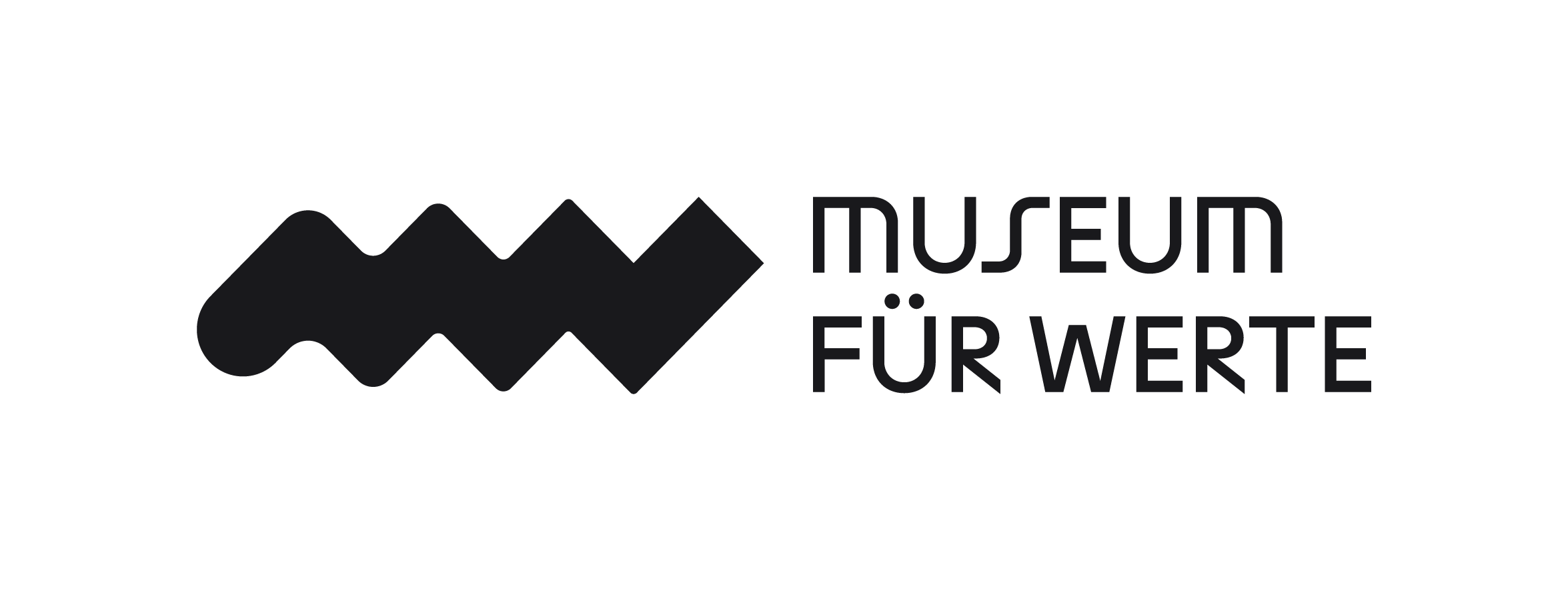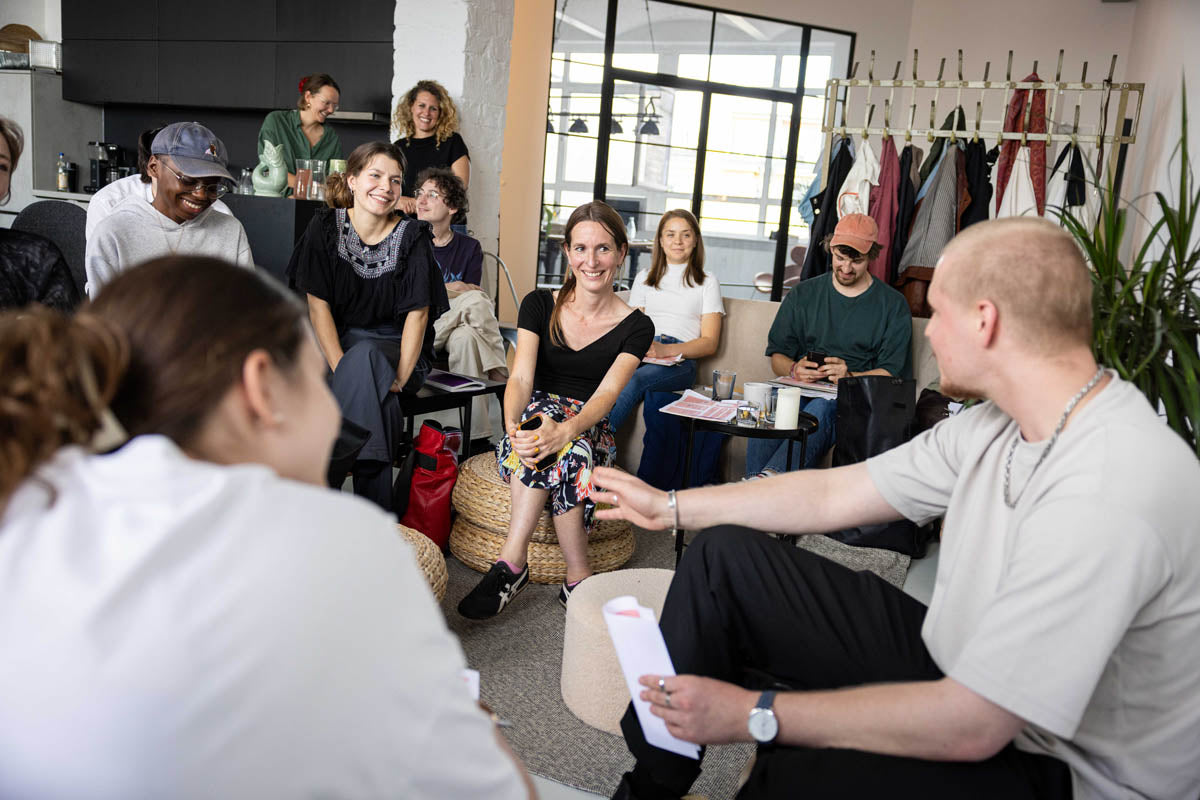A dialogue about the freedom of color and the courage to leap
In the vibrant heart of his Berlin studio, surrounded by a sea of paint and canvases, we met artist Christian Awe. His story is a captivating journey from street art in post-reunification East Berlin to international art projects. It's a conversation about the fall of the Wall as a creative big bang, the profound meaning of color, and the one moment that changed everything.
The link to the podcast .
The Beginning: A Fingerprint in a Changing World
Christian Awe's artistic journey began with a historic event. "When the Wall fell, I was just eleven or twelve, and suddenly all these structures collapsed," he recalls. In the spring of 1990, he watched from his childhood bedroom as graffiti artists from all over Europe transformed the S-Bahn depot in front of his house into a massive work of art. This was his first encounter with a new, exciting form of creative expression.
From the house wall to the studio
What began with spraying his own name quickly developed. But it was never the illegality that attracted him. "I was fascinated by the sense of community and somehow leaving my fingerprint on a neighborhood," he explains. What began as a small business soon led to commissioned work for businesses and housing associations. This early experience of creating in public spaces laid the foundation for his later path to studying art under none other than Georg Baselitz.
The jump: a moment of decision
Every great journey has a turning point. For Christian Awe, it was a moment of pure fear and determination during his sports studies. "I had to jump from the 10-meter diving board. I went up there, looked down, and said, 'No, I'm not doing that.'" The moment he stood back down became a metaphor for his life. He knew: If he didn't jump now, he never would.
He climbed back up – and jumped. This plunge into the cold water gave him the courage to devote himself entirely to art for three years. "Since then, I haven't looked back." It was the beginning of his uncompromising journey as an artist.
The language of freedom: color
When Christian Awe talks about freedom, he talks about color. "Color is life energy for me; it embodies freedom, power, and love," he says. His understanding is deep and complex, rooted in history and emotion.
The power of red, the vastness of blue
He explains how the color red, historically derived from expensive purple snails and therefore a symbol of power, today stands for both love and authority. But his personal color of freedom is blue. "Blue as the color of the sky, the color of the sea, the color of peace," he enthuses. It's not just one blue, but an entire palette—"a spectrum from very light blue to turquoise, minty—where I'd like to jump in and feel completely free."
Art as a bridge: dialogue across borders
Awe's art has taken him around the world and shown him its unifying power. Shortly before the Ukraine war, he completed a massive mural in Samara, Russia. Over 1,000 people participated in the accompanying workshops. This experience strengthened his conviction: "Culture builds bridges. It's very important that we continue to bring Russia and its people together through sports and cultural exchange."
Creating spaces for encounters
Today, Christian Awe focuses on creating precisely such spaces for encounters, including in Berlin. "What I'm trying to create right now is a place where diverse people come together – of different religions, experiences, and political persuasions. [...] because I think 1 plus 1 equals 3 in this case. At least."
Conclusion: The freedom of your own handwriting
Christian Awe's journey is a powerful plea for the freedom to follow one's own path and develop a distinctive voice. He knows that this requires hard work—the famous "10,000 hours"—and the courage to be unique. "You don't love someone for their averageness. You love someone for their uniqueness."
For him, the role of the artist in a democracy is essential, because artists are often the ones who remain independent and can hold a mirror up to society.
"For me, freedom means living life within this democratic framework as I see fit. Including travel, encounters, and shaping my life as I see fit."




